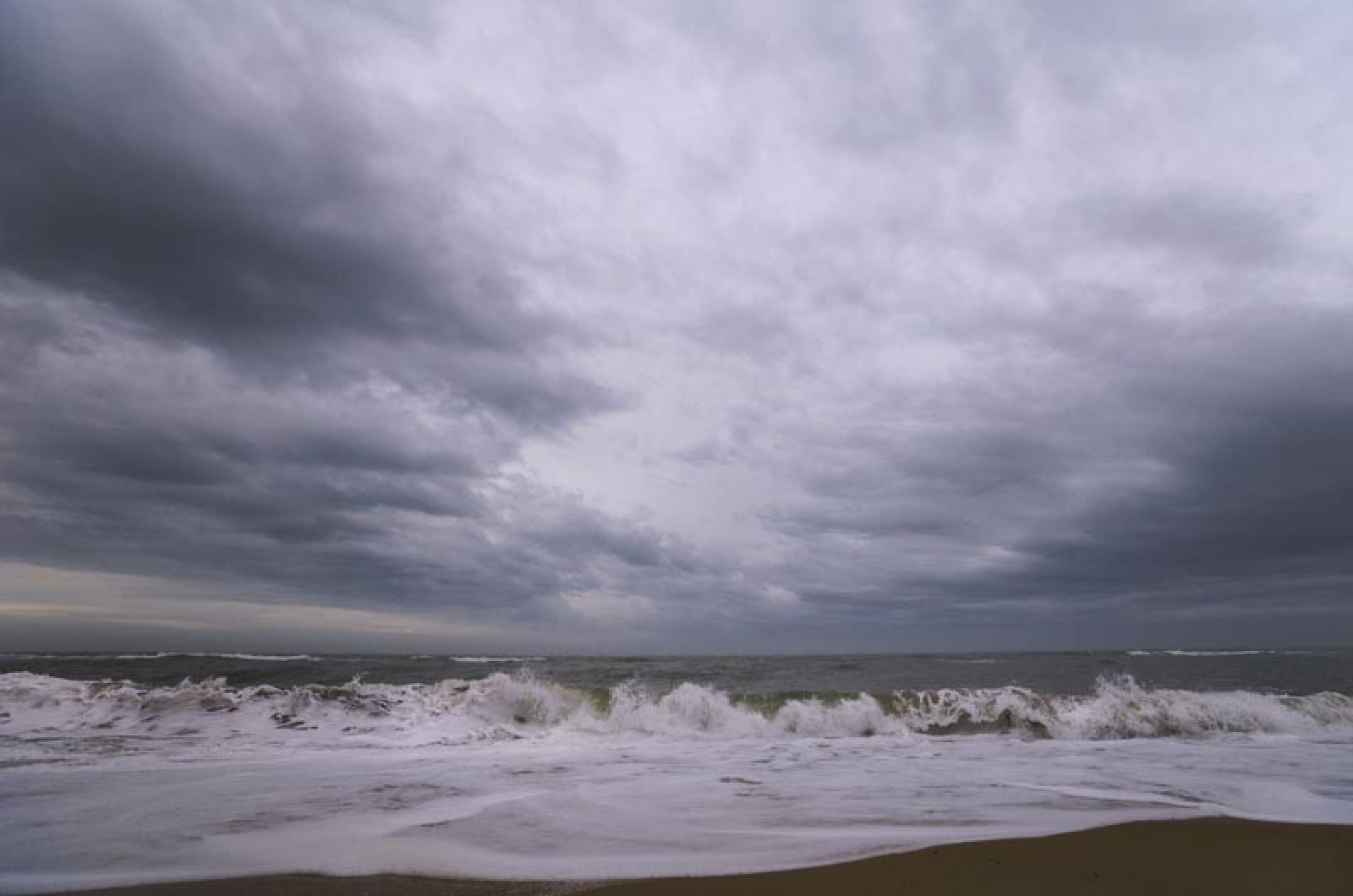The founding goal of 350 Martha’s Vineyard Island is to facilitate collaboration to address climate change. We recognize that the Martha’s Vineyard Commission holds a unique position of opportunity and responsibility for how the challenges posed by climate change are handled. Therefore, understanding the unique history and potential of the commission, we regard the search for an executive director as a pivotal milestone in determining the future of our Island.
In this spirit, we offer the following input and urge the selection of an individual who is ready and equipped to lead the MVC with the implementation of its already existing Island Plan to combat the climate changes resulting from global warming.
To quote Oak Bluffs conservation agent Elizabeth Durkee: “Climate change is the most critical issue facing the Island. And, as our regional planning agency, the Martha’s Vineyard Commission has a responsibility to aggressively address its short and long-term impacts. Just about every issue facing the commission is affected by climate change.” We believe this to be an important and accurate assessment. As stated in the MVC’s own Island Plan, “It is now clear that the Earth has entered a period of considerable climate change, threatening our coastline, ponds, farmland, wildlife habitats, buildings, and economy.”
As 350MVI, we are also very much aware that destructive, chaotic, climate change is arriving much faster than any of the science has predicted. Virtually every week there are new findings that give more cause for grave concern on an Island in these waters. In the words of David Vallee, hydrologist-in-charge at NE National Weather Service, June 2014: “We are a tremendously vulnerable region — planning is of the utmost importance. It must reflect storm events that will undoubtedly far exceed the damage from Irene and Sandy.”
Before those storms, five years ago, the Island Plan had the foresight to state: “The potential sea rise is much greater for Martha’s Vineyard. The Cape and Islands are among many areas around the world where the earth continues to subside relative to sea level … It is reasonable to assume that local sea level rise may be significantly higher than worldwide projections, meaning that significant public infrastructure as well as private properties on the Vineyard are at risk and will be inundated at some point.” The document also states, “the Island Plan is both a blueprint and a call to action.”
In our waters, the average rise in the past 100 years stands at about one foot, mostly since 1950 and accelerating now. Also, in the five years since the Island Plan was launched the suspected threat to our lucrative shellfish industry and our fisheries is ever more real. Many local scientists, including Scott Doney (WHOI chairman of marine chemistry and geochemistry), have warned of the threat posed by nearly one third of our extra atmospheric CO2 dissolving in and acidifying our oceans is happening to such an extent that shellfish will no longer be able to form their shells efficiently. To quote him: “The process of ocean acidification is well documented in field data, and the rate will accelerate over this century unless future CO2 emissions are curbed dramatically.”
Included in the Island Plan’s overall goals is an intent to “protect the distinct and diverse character of the Island’s six towns, while forging a stronger regional perspective for dealing with Islandwide issues.” Further, the plan states, “Achieving greater diversity and balance will make a stronger, more resilient community, economy, and natural environment, better able to withstand whatever surprises come our way, from a global financial crisis to global warming. Resolving apparent conflicts often comes down to making sure we do the right thing in the right place.”
Thus, we feel it imperative that fresh MVC leadership will need to make this coming together an urgent priority — to help nurture our towns, our inter-town and inter-agency relationships, and our local collaborations between year-round, seasonal residents and businesses — and to foster intimate cooperation and communication. Surely on this Island “the whole can be greater than the sum of its parts.” We consider that a commitment to do the right thing as part of a united community is crucial if Martha’s Vineyard has any chance to continue as a viable, thriving place to live.
We recognize that the new executive director for whom we are searching needs the skills and character required to handle all the responsibilities entailed in the work of the MVC — but it is clearly essential that she or he have the knowledge, skills, experience and drive necessary to help navigate a course through the climate crisis that is already crashing in on our beaches, bluffs, coastal infrastructure, estuaries, fresh water supply, marine biology, terrestrial ecosystems and human economy.
We look forward to supporting the MVC’s search for a new executive director in any way we can.
This letter was sent to the Martha’s Vineyard Commission; also signed by 350 MVI directors Nicola Blake, Mas Kimball and Antigone Rosenkranz.






Comments
Comment policy »